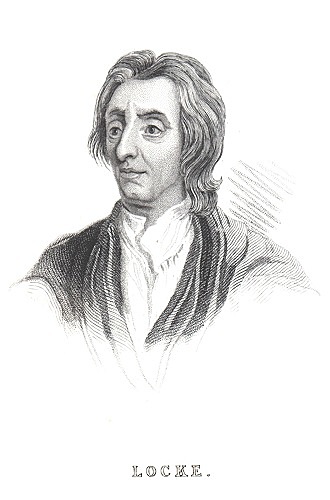Liberty Matters
Property, Productivity, and Creating Good Christians

Bas van der Vossen’s first essay offers two justifications for Locke’s theory of property—first, it protects people’s personal choices and, second, it fosters productive activity that is beneficial for society as a whole. In my response I suggested that, as appealing as this defense of property might be, it is not a completely faithful reading of Locke. Drawing on Locke’s Essay on the Poor Law, I argued that Locke does not appear interested in striking a balance between protecting the personal and promoting the productive—he appears content to sacrifice the personal if it encourages citizens to be more industrious.
Van der Vossen has pushed back against this reading, partly by drawing on Kogelmann’s response. Kogelmann argued that the Lockean view does not promote productivity enough because it allows people to acquire property merely by labouring (and not all forms of labour are productive). Van der Vossen argued that if my interpretation of Locke is correct, then Locke would actually favour Kogelmann’s policies that would lead to ‘untrammeled productivity’ by rewarding only specific kinds of labour. Van der Vossen argues that Locke clearly does not defend these types of policies, and it must be because he values protecting people’s personal choices.
I would like to clarify that I do not believe Locke favoured policies that will lead to untrammeled productivity. After all, many of his recommendations in the poor law would have forced people to labour, but not in maximally productive ways. On my reading, Locke believed that labour should give one a right to property, even if that labour was not particularly productive. However, contrary to van der Vossen’s reading, I don’t think this is because Locke was concerned about protecting personal choices. Rather, Locke valued labour, not only because it benefited society, but also because it benefited the individual’s character—it made the individual a particular kind of person, even if his labouring wasn’t productive.
I agree with van der Vossen that Locke offers two justifications for private property, and his work represents an attempt to strike a balance between these two. I disagree, however, with the idea that Locke’s theory of property is about balancing the good of society with the individual’s personal choices. For Locke, labour isn’t a personal choice—it is a divine injunction and punishment, which should not be flouted by anyone. Locke’s theory of property, then, is not trying to protect individuals’ personal choices, but instead trying to create better Christians. For Locke, the purpose of property is not just to promote productivity in society, but also to create a certain type of hardworking, labouring Christian. Even if that labouring is not itself productive for society, it does help the individual. Thus, Locke is not particularly concerned with protecting individual choice, but rather with creating certain types of citizens.
Copyright and Fair Use Statement
“Liberty Matters” is the copyright of Liberty Fund, Inc. This material is put on line to further the educational goals of Liberty Fund, Inc. These essays and responses may be quoted and otherwise used under “fair use” provisions for educational and academic purposes. To reprint these essays in course booklets requires the prior permission of Liberty Fund, Inc. Please contact oll@libertyfund.org if you have any questions.